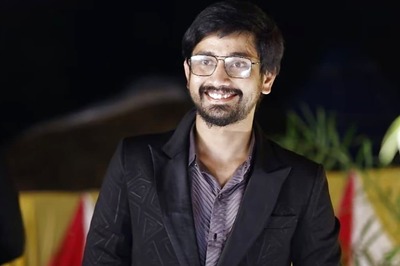
views
The Allahabad High Court last week quashed the conviction order passed against a man from Uttar Pradesh for abetting his wife’s suicide, stating that separation from wife cannot amount to abetment.
An appeal was filed by one Jagveer Singh alias Bantu in the High Court and the bench of Justice Ajay Tyagi was hearing the matter. The petitioner had challenged the order of the Additional Sessions Judge,Pilibhit holding him guilty under sections 498A and 306 of the Indian Penal Code for dowry death and abetment to suicide.
In December 2008, a written complaint was filed at the Jehanabad police station in Pilibhit by the grandfather of the deceased wife of the convicted man. The complainant alleged that his granddaughter, who was married to Jagveer Singh, the appellant in the present case, was poisoned to death.
The doctors on conducting autopsy of the complainant’s granddaughter found presence of aluminum phosphide poison in the viscera of the deceased. After the postmortem a chargesheet was filed against the appellant and his father under sections 498A and 304B of IPC and relevant sections of the Dowry Prohibition Act, 1961 by the Jehanabad police.
According to the applicant’s lawyer, the main premise of the case was the suicide note written by the deceased, which was found by the investigating officer from the room of the deceased.
The lawyer further added that on the basis of the suicide note, the trial court had acquitted the appellant’s father and convicted the appellant under sections 306 and 498A of IPC.
The High Court observed that the trial court found that the appellant was mentally torturing the deceased and created a situation for her to commit suicide by alienating her from his life. Thus, the trial court held him guilty of abetting the wife’s suicide.
The High Court, setting aside the conviction, held that the trial court’s finding is not in conformity with the established position of law with respect to abetment. As per law one must have played an active role in the abetment act or has taken particular steps to facilitate the act of suicide.
Significantly, the High Court also said that in order to bring the case under Section 306 of the IPC, it must be proved that the husband abetted the deceased to commit suicide.
According to Jagveer’s lawyer the HC held that in the opinion of the court this reason cannot amount to abetment and there is nothing in the suicide-note which would make him liable for the offense under section 306 of IPC.
Read all the Latest News , Breaking News and Ukraine-Russia War Live Updates here.



















Comments
0 comment